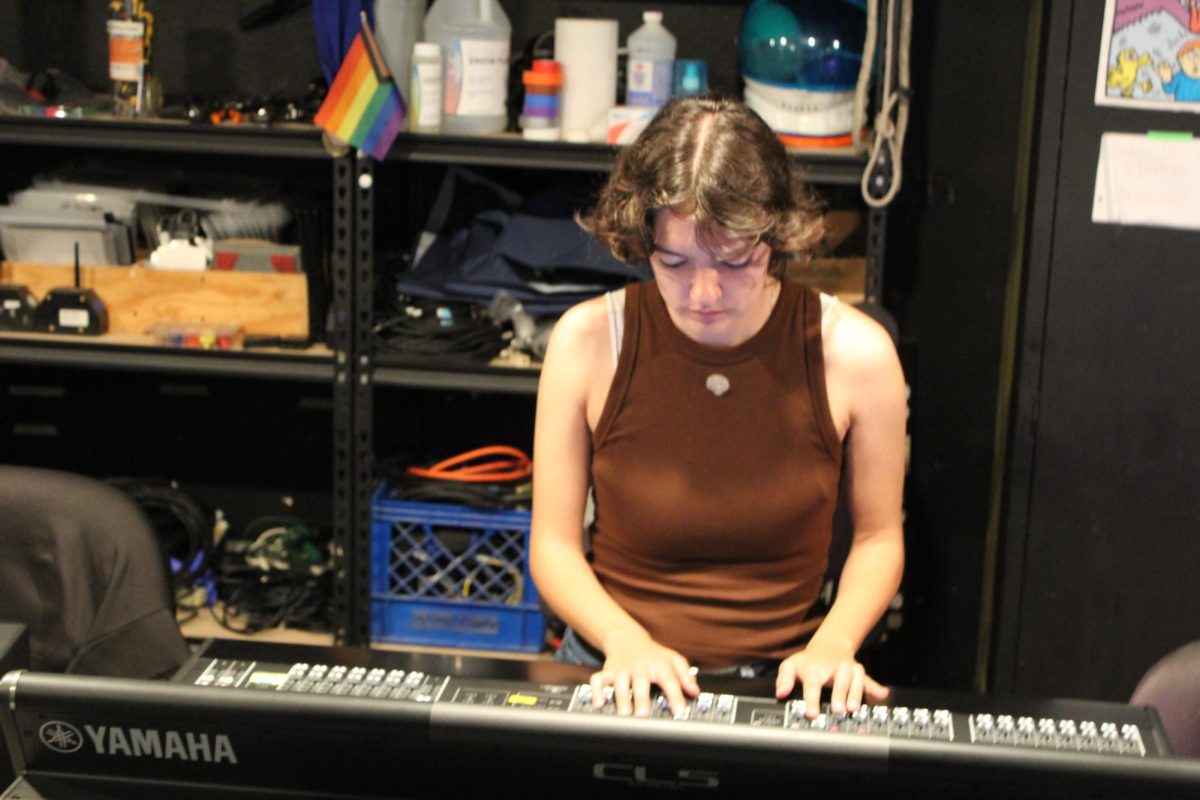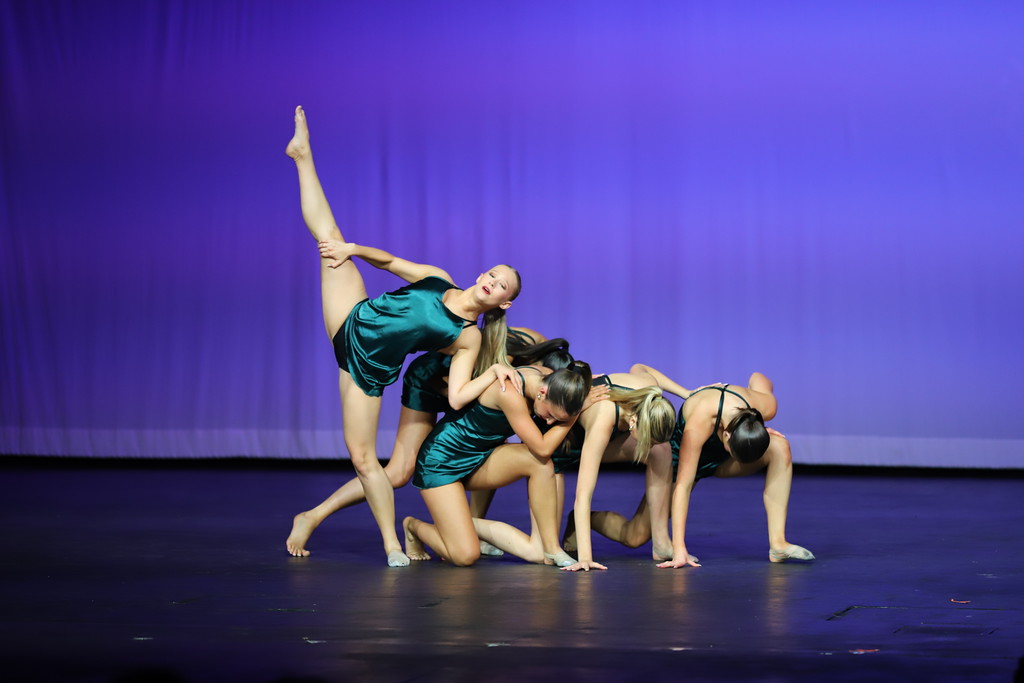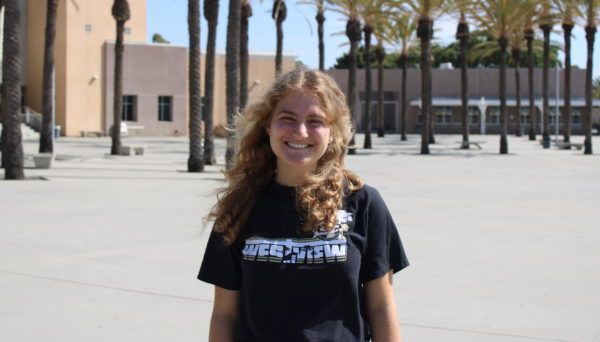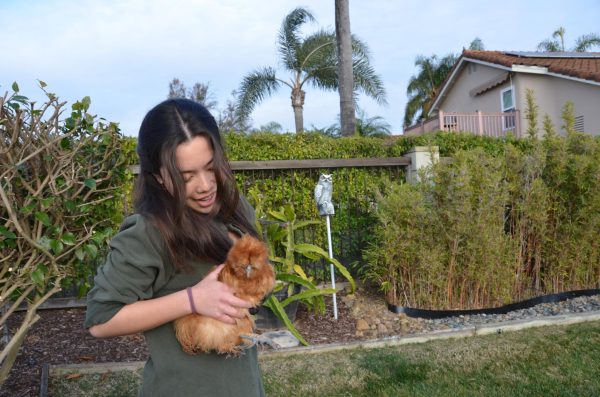
Vanessa Lee (12) was waiting for a chicken delivery. Specifically, a pet chicken delivery to her home, Jan. 10. She anticipated the soon-to-be pets with excitement and nerves.
Lee had her first experience owning chickens at 10 years old when her dad brought two of them home. She owned those chicks for two years and raised three more in 2022.
This month, Lee adopted a large cream-colored Buff Orpington, a mid-sized maroon Rhode Island red, and a small fluffy silkie.
The deliverer handed Lee two crates with the buff orpington and the Rhode Island red in them, and handed the silkie directly to Lee.
“Holding [the silkie] was really cool for the first time because I didn’t even think I would be able to get to hold her that early on,” Lee said. “When they first came out of their crate they looked fine and healthy, so I felt really relieved.”
Lee decided to name the silkie Mabel, the buff orpington Martha, and the Rhode Island red Claudette. The latter name she chose because of a movie character who names her chicken Claudette.
“I chose Mabel’s name because I thought it sounded really sweet and I wanted her name to reflect her gentle personality,” Lee said. “For Martha, I thought the name sounded elderly, so I wanted to choose a name to reflect her seniority as the leader of the pecking order.”
One concern Lee had for her pullets (females under a year old) was that their pecking order would create battles between them. Naturally, larger chickens with stronger personalities tend to pick on smaller, meeker ones, but Lee feared this escalating into full-on fighting. To combat this, she made a conscious choice to adopt three different breeds in order to minimize the possibility of a fight for dominance and with the hope that the pecking order would fall into place without conflict.
“I was really worried about getting a silkie with these other types of chickens because she’s going to be lower in the pecking order,” Lee said. “You’re not just going to have one [chicken as a pet] because they’re pretty sociable animals. But hopefully once [dominance is established] they’re not going to be constantly fighting.”
Lee’s daily routine consists of making sure her chickens are out of their coop and fed every morning and checking in on them in the afternoon and at night.
“If we have scraps from our breakfast we give it to them,” Lee said. “When I come back from school, I might give them some treats [like grass and corn feed] and I see if there’s anything in the [run] and I clean it out. At night, we check to make sure that they’ve gone back inside [the coop] and that they’re on their roosting bar.”
Lee said that the experience of owning chickens has provided her with many rewards that are worth the work put in.
“It’s really satisfying to put in the work with these girls and then you get eggs as a result and you get more than that,” Lee said. “You get companionship and you get entertainment from the way they move around. Whenever I throw feed on the ground, they dart away from it and I find it funny.”
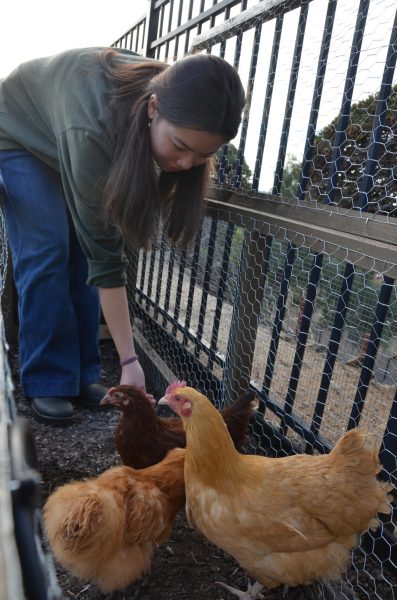
Taking care of chickens has also helped Lee connect with her dad. She said that taking care of the chickens together has been positive for their relationship, but that she’s noticed a different attitude that her dad has towards the chickens.
“I take on more of a hands-on approach and err on the side of caution, while my dad thinks they’re resilient,” Lee said. “It’s kind of nice because it gives us a topic to talk about and something in common to look forward to.”
As she’s taken care of chickens for the past few years, Lee has developed a passion for agriculture. That passion formed into a solid aspiration of becoming a farmer and veterinarian when she took AP Environmental Science last year.
“We learned about food and water management and using sustainable methods,” Lee said. “I started researching more and I [realized I want] to be a veterinarian but also to have a farm in tandem with each other. I’d like to go to college and major in animal sciences and I’d like to get a minor in agricultural studies.”
On a trip visiting her grandparents on Whidbey Island in Washington state last summer, Lee visited a small town on the island called Coupeville that she said provided a snapshot of what she envisions her life in agriculture looking like in the future.
“We were on a street that goes all the way to the coast and they had farms on both sides, and it was so pretty,” Lee said. “I was riding my bike and I was like, ‘oh my god, I have to live here. I have to do this.’ When I get scared about going into what I’m going into, I think about that bike ride up there and seeing all those farms and really wanting to live there, and I think I can do this.”
One way Lee is planning on getting an introduction to farming practices is through the organization World Wide Opportunities on Organic Farms (WWOOF), which connects volunteers to host farms. She plans to “WWOOF” on a sustainable family farm in Whidbey Island this August.
“I wanted to do it because it’s exactly in the realm of what I want to go into,” Lee said. “I also chose the location that I’d be going to this summer because they have poultry there.”
Lee said that taking care of chickens has been a fruitful introduction to the lifestyle she wants to pursue. For now, she’s excited to see her pullets grow up and try some fun tricks with them.
“I have some lofty ambitions about teaching them chicken yoga, which I saw on Instagram,” Lee said. “[Mainly] I think I just want them to be more comfortable, and I definitely want to teach them some tricks.”


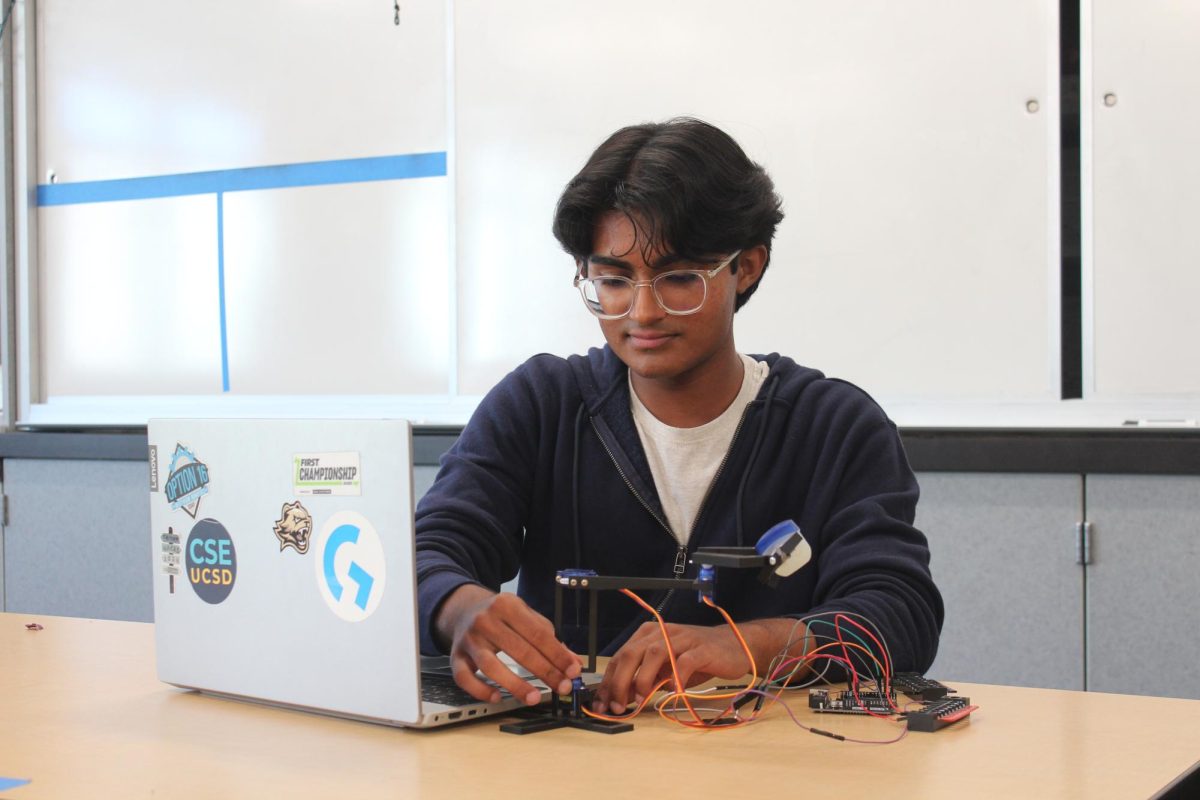
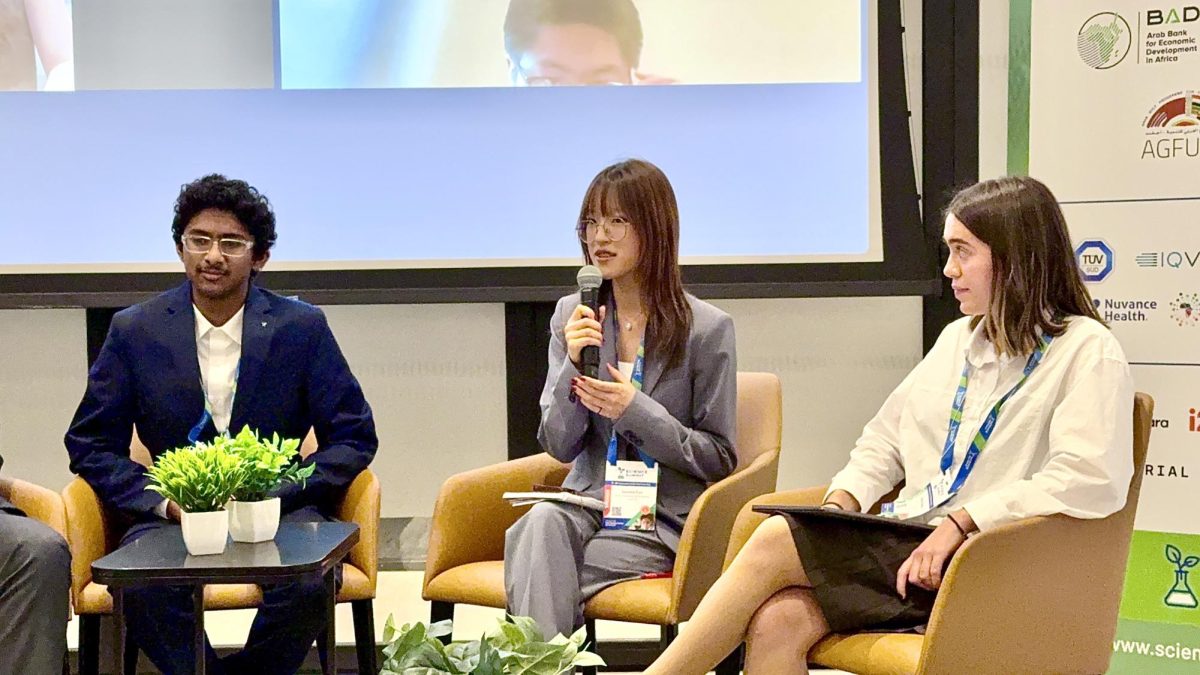
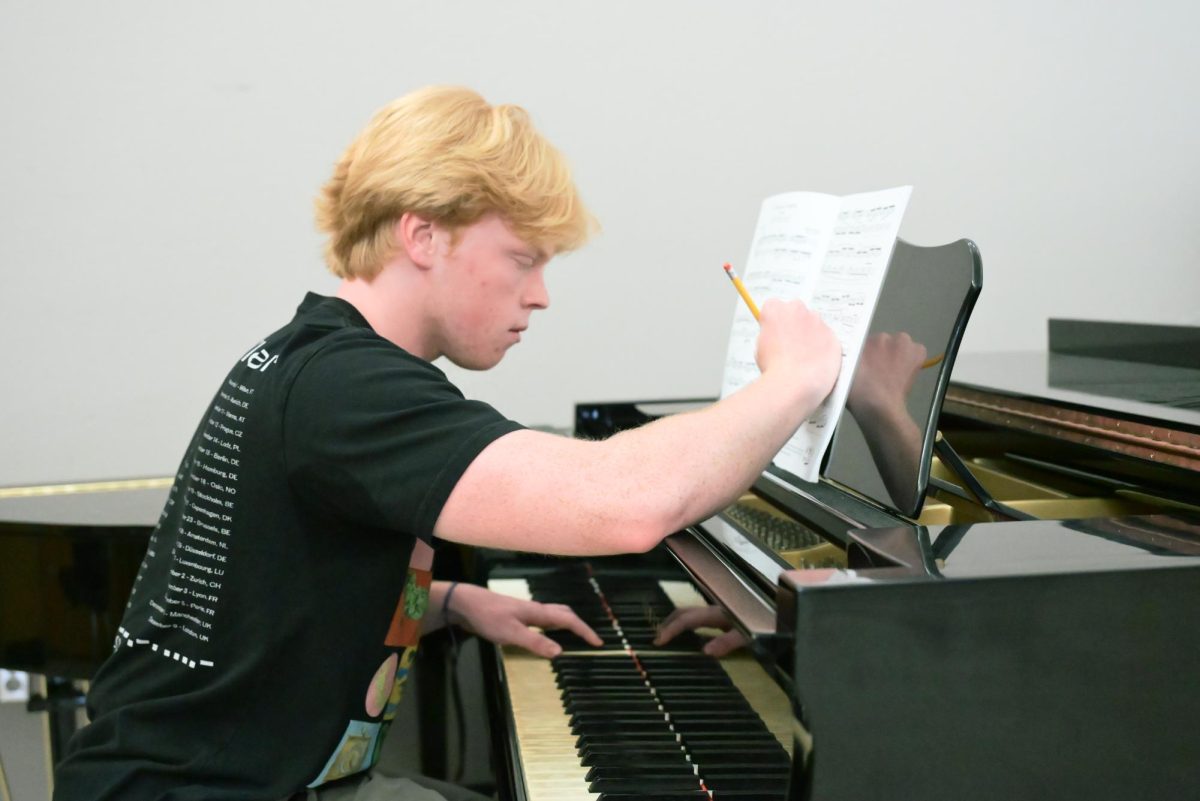



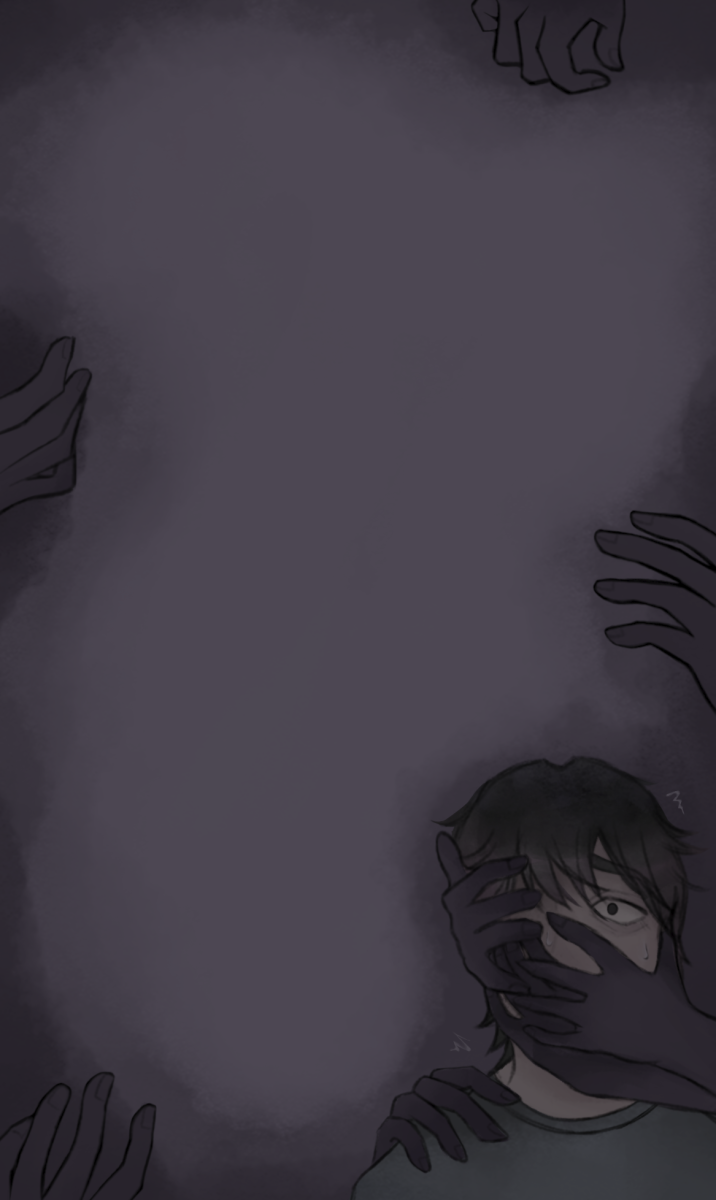

![Jolie Baylon (12), Stella Phelan (12), Danica Reed (11), and Julianne Diaz (11) [left to right] stunt with clinic participants at halftime, Sept. 5. Sixty elementary- and middle-schoolers performed.](https://wvnexus.org/wp-content/uploads/2025/09/IMG_1948-800x1200.png)

